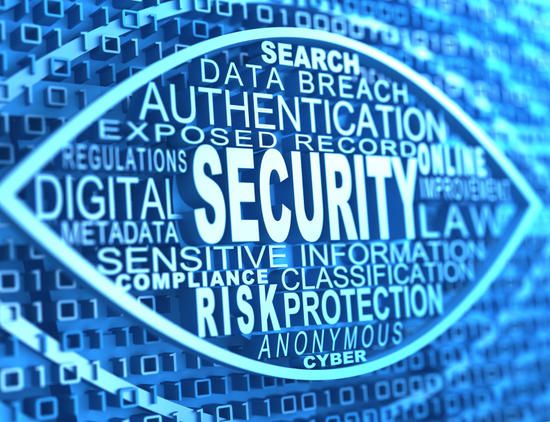Rep. David Lifferth, R-Eagle Mountain, has introduced legislation to increase punishment for those who engage in Internet crimes. HB225, Cybercrime Amendments, specifically targets crimes known as “doxing” and “swatting.” The bill has been assigned to be heard by a House committee.
Doxing is the act of releasing personal information about a person publicly online. Oftentimes, these releases are accompanied by intimidating threats toward the targets of doxing. Releasing personal information online while encouraging others to commit crimes against the victim is understandably dangerous. However, issues have been raised concerning First Amendment rights.
Originally, HB225 included criminal charges against those who release personal information with the intent to “annoy, offend, and frighten.” Lifferth is removing these phrases particularly as they don’t necessarily indicate malicious intent. Critics have expressed that HB225 would be a violation of freedom of speech.








